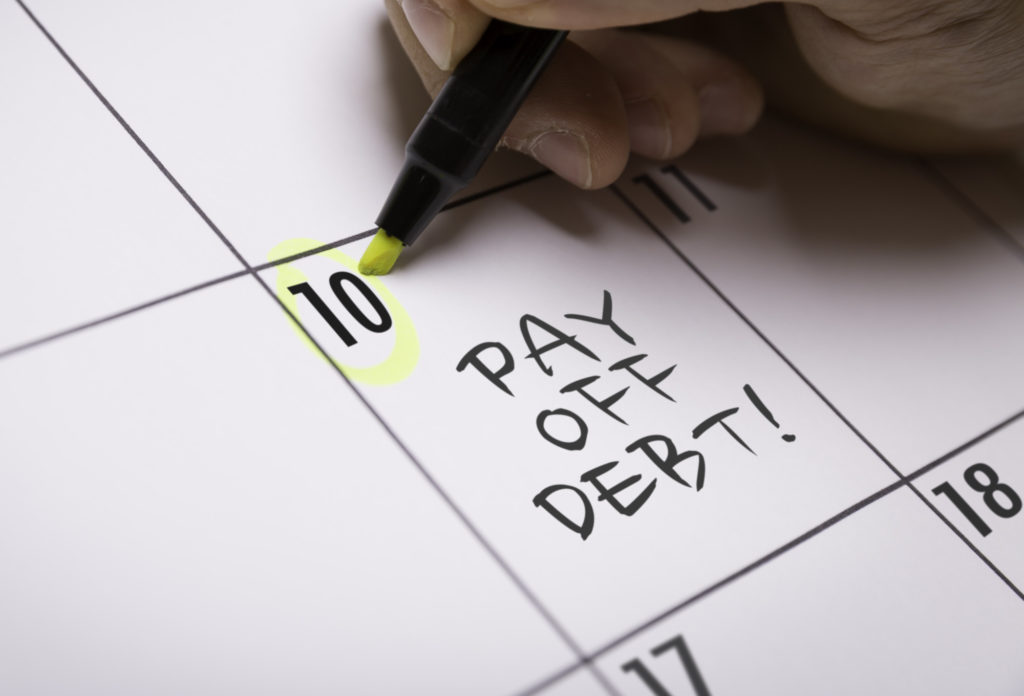Do you know the differences between debt consolidation vs bankruptcy? If you are having difficulties keeping up with debt repayments then you may be looking at which one is right for you. Many of us struggle with debt and the average total debt per UK household is £62,965.
So which option is right for you? Debt consolidation and bankruptcy can both be great debt management strategies. However, both options are not always available to everyone.
Do you want to learn more about debt consolidation and bankruptcy tips? Read on to find out which option is the right one for you.
Debt Consolidation Vs Bankruptcy – What Is the Difference?
Bankruptcy and debt consolidation are common debt relief options. Choosing the right solution for your circumstances can be tough if don’t know the difference between the two. Before you decide how you should move forward take a look at the pros and cons of bankruptcy and debt consolidation.
What Is Bankruptcy?
If you can’t pay back your debts, bankruptcy could be an option for you. Bankruptcy is a legal process that will relieve you of your debt obligations. During this process, you will sell all of your non-essential assets to pay off your creditors.
You can apply for bankruptcy online by paying a fee of £680. Once you have filed for bankruptcy the adjudicator has 28 days to make a decision. If your application is rejected you can appeal the decision through your local court.
Your creditors can also petition for bankruptcy on your behalf if you owe them more than £5000. If you are struggling to pay the application fee then you may be eligible for a Debt Relief Order (DRO). Speak to an advisor for more bankruptcy tips.
Here is our bankruptcy guide to help you decide whether this is the right option for you.
Advantages of Bankruptcy
One of the major advantages of bankruptcy is that it can provide you with a fresh start. You won’t have to continue paying debts that your bankruptcy covers once the order ends. Although you will have to live on less money than usual, you will be allowed to keep some of your income.
You are also allowed to keep ‘exempt goods’ such as your car or tools that you use for work. The possessions you own with the highest value will be used to repay your debts including your home or vehicle (if it is high value). The average length of time for a bankruptcy order is around one year.
If you have multiple outstanding debts then you might receive constant hassle from lenders asking you to make repayments. You won’t have to communicate with your creditors anymore once you have filed for bankruptcy. This can take a weight off your shoulders if you are receiving a bombardment of correspondence from your creditors.
Disadvantages of Bankruptcy
Although bankruptcy can provide a life free of debt, it can damage your credit rating. It will be difficult for you to take out credit in the future and your rating could be affected for up to 6 years. If you want to take out credit that is more than £500 you are legally obligated to tell the lender you are bankrupt.
You could also lose your home. If you rent your property, your landlord could end your tenancy and ask you to leave. Your bankruptcy will also be made public when it is published in The Gazette (though friends and family will have to actively search to find it).
During the bankruptcy process, your assets will be taken over by an official receiver. They will assess whether you can afford to make any payments towards outstanding debts and investigate your financial affairs.
Bankruptcy could also affect your employment. Many employers will not hire someone who has filed for bankruptcy and going bankrupt means you can’t be a company director – you are legally prohibited from managing, forming or promoting a limited company unless you have the explicit permission of the court.
What Is Debt Consolidation?
Debt consolidation is the process of merging multiple debts into one loan. Consolidating your debts could reduce stress if you are paying multiple debts including credit cards, store cards, and overdraft fees.
Here is our debt consolidation guide to help you make a decision about whether this is the right path for your situation.
Advantages of Debt Consolidation
Debt consolidation can allow you to repay your debts sooner and in a more manageable way. Repaying your debts quickly means you will pay fewer interest fees and gain more financial freedom. By consolidating your debt you could put money towards retirement or an emergency fund.
Combining all your debts into one monthly payment can simplify your finances and reduce the risk of missed payments. You won’t have to worry about multiple due dates and you can budget accordingly.
Disadvantages of Debt Consolidation
You may end up paying a higher rate of interest on your consolidation loan compared to what you currently pay. Make sure that you speak to an expert who can find you an excellent rate for a consolidation loan.
You will also incur late payment fees if you fail to make a payment on your debt consolidation loan. Many lenders will report failed payments to the credit bureaus which can affect your credit score. If you are planning on taking out a debt consolidation loan, make sure that you can afford the monthly repayments.
Get Help and Become Debt Free Today
Now that you know the difference between debt consolidation vs bankruptcy you can make the best choice.Writing off debts with an IVA is the best option if you can avoid bankruptcy.
If you think you might qualify for a debt write off then contact the team at www.becomedebtfree.co.uk today. You could write off up to 85% of your debt and become debt-free. The experts at Become Debt Free will discuss your options to help relieve the financial strain that debts can cause.








